“I’ve been writing a bunch of really awful short stories lately. I mean it. They’re absolutely ghastly…
“I’ve been working on this stuff pretty much nonstop for over two years now, adding one unpalatable tale to another, making an entire collection of difficult, dangerous and really horrible fiction. Why can’t it be more…publishable? This book of mine? Is what my agent and friends and family and a lot of magazines and journals advise me. Why can’t these stories read the mood music and be… serviceable? More mindful of the issues of the day? Relevant and pleasant and palatable and, well… – that adjective people do love to apply to fiction – readable?”
This is the introduction to an excellent essay that someone brought to my attention today, and I thought I’d share it, because it speaks to a lot of the issues that I have with the video game industry and the way that we talk about it.
Across all sectors, but especially video games, there is the expectation that the material we consume must be a positive experience. It should be escapism. It should allow us to live vicariously through the work’s protagonist or avatar. And that’s why that protagonist must be either a flawless individual that doesn’t make us uncomfortable with what they’re doing, or they must be the ideal channel for whatever our rages against the world are.
So, for an example of the latter, The Joker is a permissible anti-hero, because while he does some truly terrible things, the anger with which he does it comes from a permissible space. He’s one of us turned rotten. We understand him, even if we don’t agree with his methods. And, ultimately, he “only” commits violence and, deep down, we’re all okay with that on one level or another when it’s a pathway to positive outcomes for us. By contrast, you’ll never see someone film The Chronicles of Thomas Covenant (let alone make a game out of it), because there’s a rape scene in that one, and our anti-heroes can’t be rapists. Rape’s not something that good, upstanding anti-heroes would ever contemplate.
Aside from those “safe anti-heroes” – Bad Guys That Never Truly Breach Taboo Subjects – the only protagonists that are palatable to a modern audience are empowering and uplifting. One of the reasons that diversity and inclusion is such a critical topic in popular art is that everyone should get the chance to have “them” empowered and uplifted. Young ethnic boys and girls, or people from the LGBT community can – and should – have a chance to see people of their background save the day and be the hero.
Following on from that, there should also be games where we can either re-create ourselves and put ourselves in the world through a character creator that doesn’t impose limits, or there should be a broad range of ethnicities, genders, and sexual backgrounds so that everyone gets a chance to personally be the hero.
There is nothing inherently wrong with any of the attitudes I’ve described above, of course. Escapism and entertainment is a very valid objectives in the arts. In a world as messed up as what we have, it’s downright essential at times to have arts restore balance to our souls. In that context, representation is incredibly important, and it’s entirely possible for someone to write/direct/animate or otherwise craft an exceptional moral paragon hero, or alternatively an interesting “safe anti-hero” – the kind we can giggle along with rather than be repulsed by.
But.
There is a problem when you apply that very limited lens through which you view those kinds of characters with transgressive art. Sadly – and this particularly applies to the video game industry – that is exactly what happens, and it’s undermining the entire art form. To put that more bluntly – it’s impossible to write/film/create characters or narratives that break with taboos and challenge and upset people without the morality of the text being judged. Even if the taboo-breaking is to examine an important topic or uphold the taboo.
One critical role of the arts is to challenge the audience. I don’t mean throwing a difficult level at them. I also don’t mean by adding a hardcore mode to those Picross games. I mean that a critical role of art is to pull audiences out of their comfort zones and force them to think about the implications of what they have just witnessed. This doesn’t necessarily mean that the art needs to offend the audience. The two – “offensive” and “transgressive” often get conflated, and they often do cross over, but an offensive work may or may not be transgressive (for example, Six Days In Fallujah is an offensive game while also upholding the most stock-standard uncontroversial value in the arts, that American soldiers are heroic Spartans on glory quests). Conversely, a transgressive work doesn’t need to be offensive to the senses. It’s often forgotten now because surrealism and dadaism have been reduced to mere aesthetic caricatures for the most part, but both those art movements were highly transgressive, rebellious, and were designed to challenge audiences about the “mainstream” art being created at the time.
A good example of just how active the games industry is in undermining transgressive art is the cyberpunk literary genre. That genre was designed to challenge audiences that a laissez-faire approach to technological advancements was an inherent good, and that capitalism is a utopic model for society to organise itself under. And yet as we all know, when CD Projekt Red brought cyberpunk to mainstream gaming, that need to make things entertaining and uplifting stripped almost all of the thematic density out of the genre. All we had left were aesthetics and one or two milquetoast tongue-in-cheek references to “capitalism bad”.
Game developers do that because they know full well that anything transgressive is going to cause the audience to melt down on social media and in the user reviews, and as much as people will tell you that “controversy sells,” it actually takes a far braver person than most CEOs signing off on game projects to actually risk anything genuinely controversial. And even if they’re willing to risk the consumers, publishers and decision-makers are intensely worried about whether taboo-breaking material will get banned from storefronts in the first place. As we explored in an opinion piece I wrote last week, anime aesthetics are inherently transgressive because they conflict with the “correct” aesthetics in the West, and so anime aesthetics tend to find themselves on the losing side of the platform decision-makers.
Gamers, too, are part of the problem, because they are so quick to dismiss anything they consider “problematic” as a reason the game “sucks.” The recent Final Fantasy XVI is a brilliant example of this. For some reason, one of the main discussion points was that the protagonist, Clive, supposedly took “20 years to work out that slavery was bad,” and that the depiction of slavery within the game made it unpleasant. Never mind that it’s made pretty clear that right from the start Clive and his entire family were morally opposed to slavery. Somehow these people missed that. But more to the point here, even if Clive was pro-slavery throughout the entire game, and even if it made you feel enormously uncomfortable, is that a bad thing? No. Not as long as the game isn’t making some horrid claim that slavery is good through this protagonist. As long as this hypothetical Clive got what was coming for him, the developers could use it as an effective allegory for the creeping revisionism around slavery that’s starting to creep uncomfortably beyond the “thought” bubbles of the damaged individuals that have typically held these views. Think of it like Lolita. Nothing about Humbert Humbert would ever suggest to someone that reads Lolita that the narrative was supporting his position. Meanwhile, in putting such a horrible, taboo-breaking character as the protagonist, Nabokov was able to offer a truly remarkable critique of American society. Sometimes our best window into our society is seeing it through the eyes our our worst, and we deny that to ourselves the moment we insist that we should be sympathetic to the protagonist.
The reality is that, right now, it would be impossible to make a game that was transgressive like Lolita. Or A Clockwork Orange. Or something from a Marquis de Sade novel. Game developers can make games as violent as they like – Mortal Kombat demonstrates that – but that’s only so long as the violence is “feel-good” (i.e. satirical like in Mortal Kombat). Do that and then people will defend the right for the game to exist. But transgress people’s puritanical nature and suddenly you’re in for a world of critique. This isn’t a “violence vs. sex” comment, since truly transgressive violence gets criticised too. You wouldn’t be able to make a game of Nick Cave’s And The Ass Saw The Angel any more than you could Lolita, because that book takes violence to an entirely different level to Mortal Kombat or bloody (fun) horror games. Rather it’s a point about the impact of the material. What you’re allowed to make, as the modern artist (in all arts, but especially video games) is limited to things that entertain but does not challenge audiences.
Anyone who thinks this is good for the arts or society is deluding themselves. You don’t have to enjoy transgressive art. In fact, it’s typically the point that you don’t enjoy it – if it’s not challenging you intellectually and emotionally, it’s not really transgressive. It’s fine not to like this art, but if your response is “It’s not entertaining me and I don’t agree with it, therefore it’s bad,” then you are completely missing the point, and, being entirely frank here, you are the part of the trend that is causing art to become so sanitised and formulaic that we may as well just get the AI to produce it.
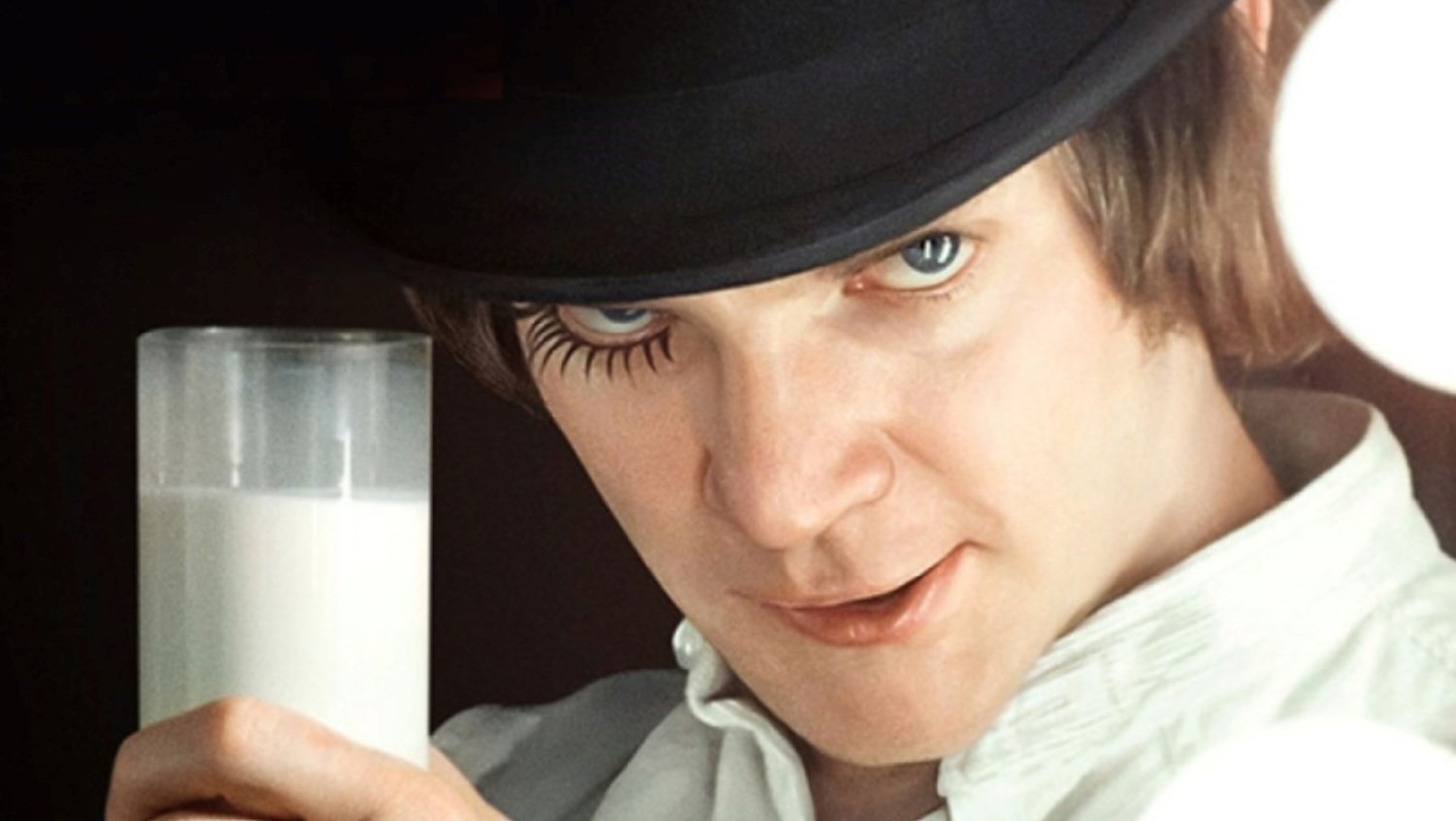

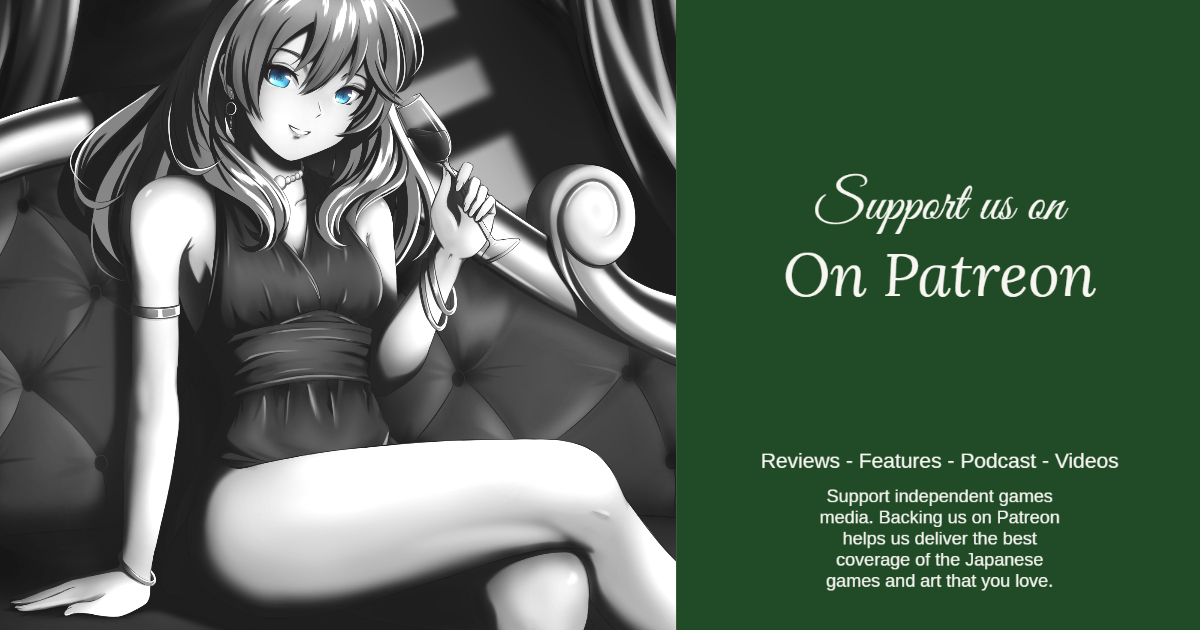
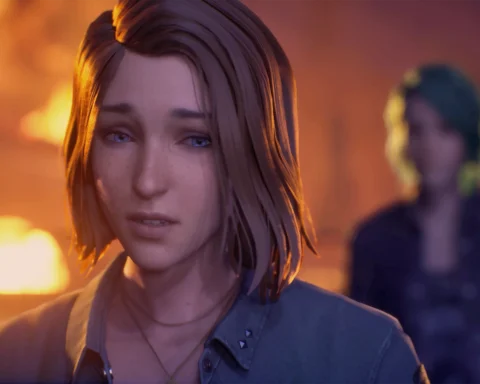
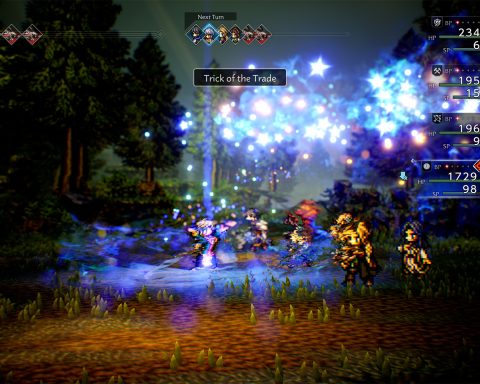
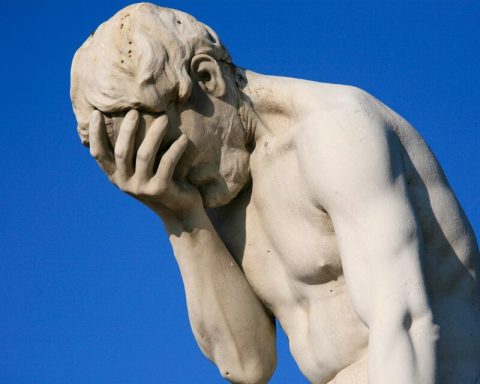
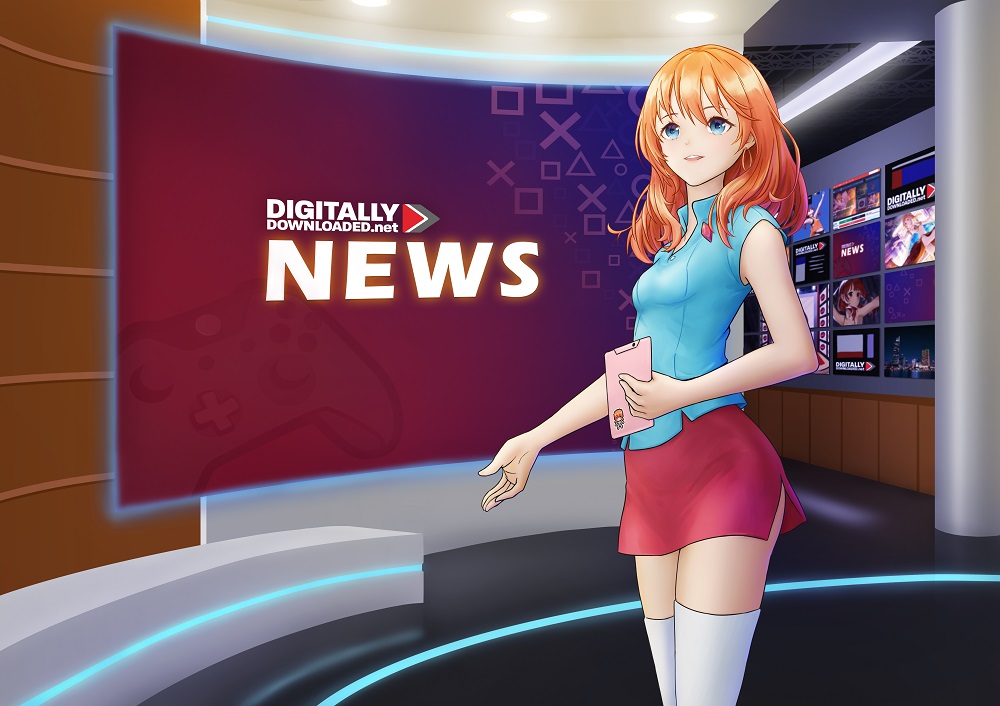
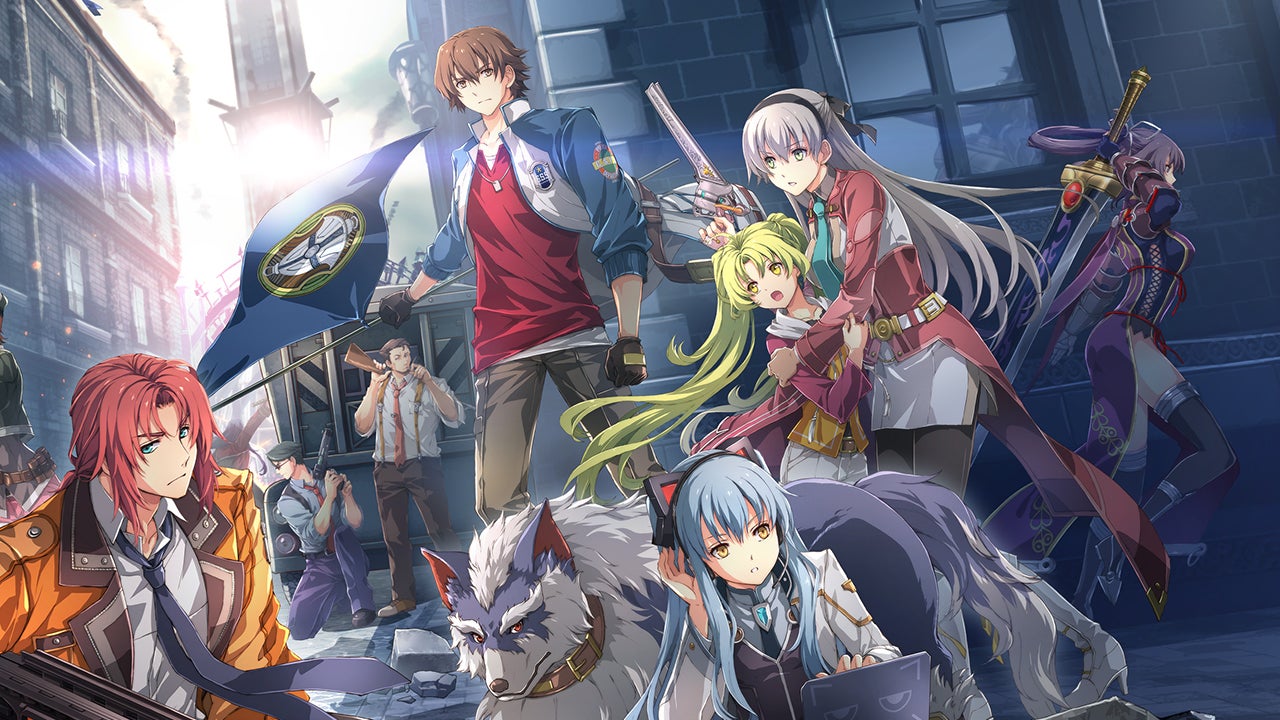





How to spot an unlikable character: they start their articles with mediocre opinions with presumptuous “we need to (…)”. Like someone elected them as a representative.
If you want an unlikable jerk of a main character in video games, try Deponia.
“How to spot an unlikable character: they start their articles with mediocre opinions with presumptuous “we need to (…)”. Like someone elected them as a representative.”
My. That’s rather rude and uncalled for.
“If you want an unlikable jerk of a main character in video games, try Deponia.”
I’ve not played Deponia, but Daedalic at its best certainly knew how to produce an interesting narrative. I’d be intrigued to see if they actually made something transgressive out of that, or if it was just played for puns (not that there’s anything wrong with that, but it sits a little outside of what I’m talking about here).
Hi Matt
what you say is right of course, but I think you leave out a couple of ‘elephants in the room’. first, whenever something (an art form, a philosophy, etc.) becomes mainstream, it loses all its worth – it now exists only as a hollow parody of itself, solely for mindless mass consumption. western gaming is now unable to produce anything of value, as it would be perceived as offensive by the hypersensitive snowflakes that it now caters to. truth is, gatekeeping is necessary in some cases.
also, I find it perplexing when some anglosaxon wonders how we got here, culturally speaking. from outside of the WASP bubble, it is clear that this is just a new form of fanatic protestantism: the zealotry, the messianism, the puritanism, they’re all here with a fresh coat of paint. call it woke or whatever, this unhinged mentality has sanitized the entirety of our culture (but not just that, think geopolitics) and created a parallel world divorced from material reality, this immaterial place being where modern gaming comes from. Alas, Japan is also about to fall to this mind virus; soon enough, no alternative to the cultural hegemony will even be *thinkable*.
thank you for speaking out on these issues, even if you don’t quite go all the way.
still have yet to play TLOU2. I mean, I really WANT to but. But.
On another related note, bad year to start making my own animated porn (so strangely liberating?) I guess.